Harry Kane: The making of an England captain
He was released from Arsenal as a child for being too chubby. But ever since, the Spurs striker has fought to prove the critics wrong – and now stands just 90 minutes away from international glory, writes Chris Harvey
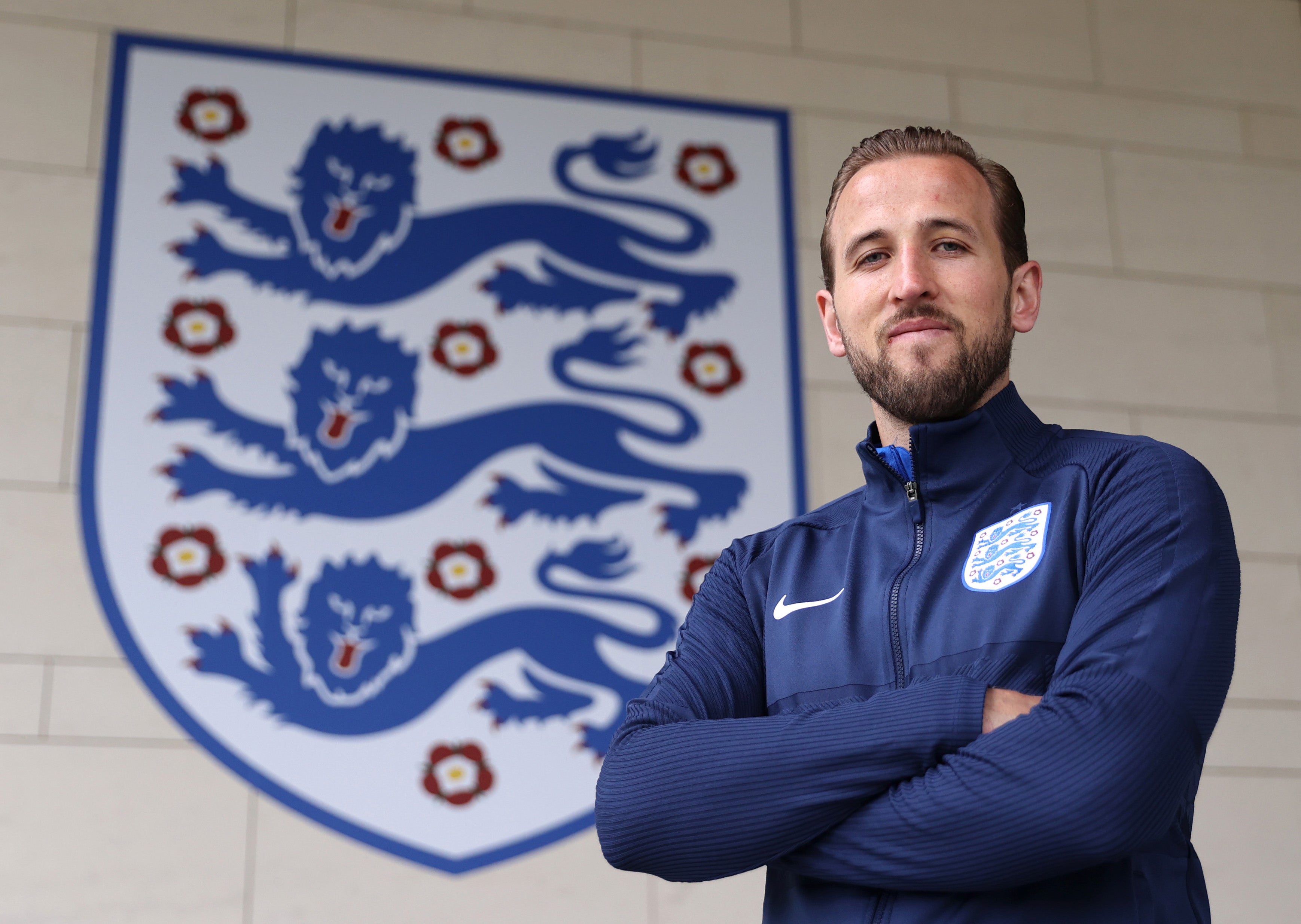
It was after the group stage of Euro 2020 that a close friend, one of those millions of people who don’t think of football as a religion but who has loved every second of this England team’s nerve-jangling journey to Sunday’s final against Italy, asked a question that had presumably been bugging an awful lot of others. Why, she wanted to know, does everyone love Harry Kane? She’d watched all three group games, against Croatia, Scotland and the Czech Republic, gauged the emotional way England fans felt about their captain, listened to how commentators and pundits raved about the non-scoring centre-forward, and was baffled. As far as she could tell, she said, he just “lumbers about”.
I didn’t want to be seen as mansplaining Harry Kane, and the winner of this season’s Premier League Golden Boot had, it is true, not looked at his sharpest in those group games, so I opted for the most heartfelt explanation available – it might look like that, I offered, but he’s a once-in-a-generation striker, I almost can’t believe he plays for us.
Three games, four goals and a stirring performance against Denmark later, England’s number nine had done all the “Kanesplaining” necessary on the pitch, adding to the six goals he scored in the 2018 World Cup and drawing level with Gary Lineker as top England goalscorer in major tournaments. Lineker tweeted: “Might as well enjoy this while it lasts before the Rolls-Royce of strikers, @HKane overtakes the old banger. Go smash it, Harry.”
In truth, though, Kane has been battling to overcome that lumbering perception of him almost since he first pulled on a pair of boots. He was released by Arsenal’s youth academy as an eight-year-old because, in the opinion of the Arsenal and Republic of Ireland legend Liam Brady, he was “a bit chubby” and “he wasn’t very athletic”, as Brady told Italian daily Corriere della Sera in 2018. For his part, Kane has said: “The rejection is the best thing that ever happened to me because it gave me a drive that wasn’t there before.”
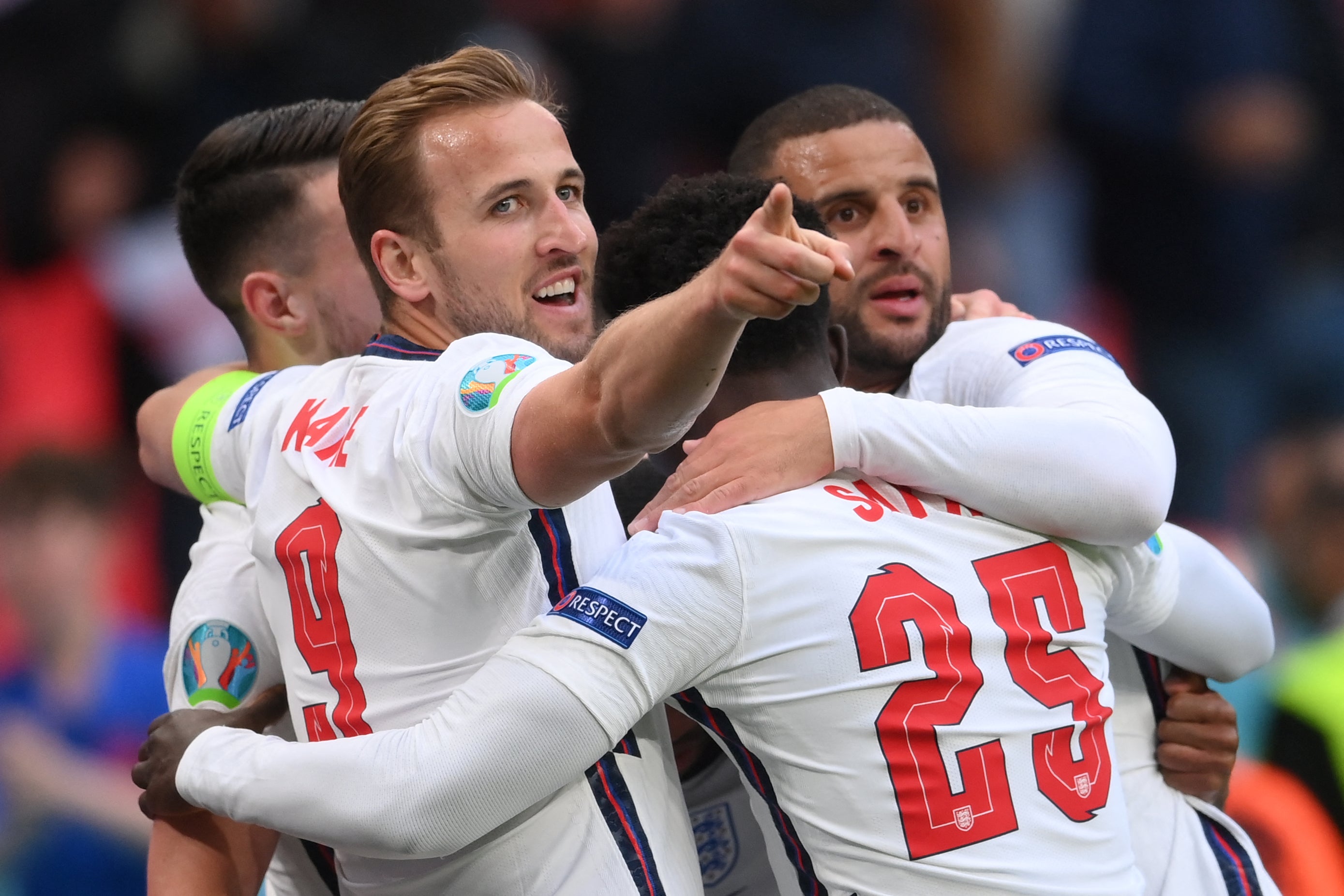
Kane is still not the fastest striker. France’s Kylian Mbappé has clocked an amazing 22.4 miles per hour for his club Paris St Germain. Norway’s Erling Haaland has matched that, Gareth Bale is faster, as are Raheem Sterling and Marcus Rashford, but Kane is no slouch – he’s been recorded at 21.3 miles per hour. Don’t go thinking you could beat him in a foot race.
As a kid, though, the disappointed Kane went home to his local club Ridgeway Rovers in Chingford, on the fringes of Epping Forest, determined to try harder. The club, astonishingly, had already produced an England captain in Chingford boy David Beckham, as well as a fellow international in Kane’s former Tottenham team-mate Andros Townsend.
Kane was born a little closer to the city, in Walthamstow, although his father Patrick’s roots are actually in picturesque Connemara in the west of Ireland. Some of his cousins are traditional Irish musicians there. Kane, though, has credited his mum Kim’s side of the family with giving him his football genes (his grandfather Eric Hogg played at semi-pro level for Brentwood FC in Essex), although he confessed: “Dad probably won’t like me saying that.” In fact, Kane, like Declan Rice, whose grandparents are from Cork, could have played for the Republic of Ireland. “My nana and grandad were Irish on my dad’s side, so I had that decision,” he said in 2019. “It never really came about as when I started playing in the Premier League, the England call-up didn’t come too long after, but for me I always wanted to play for England. That was my dream.”
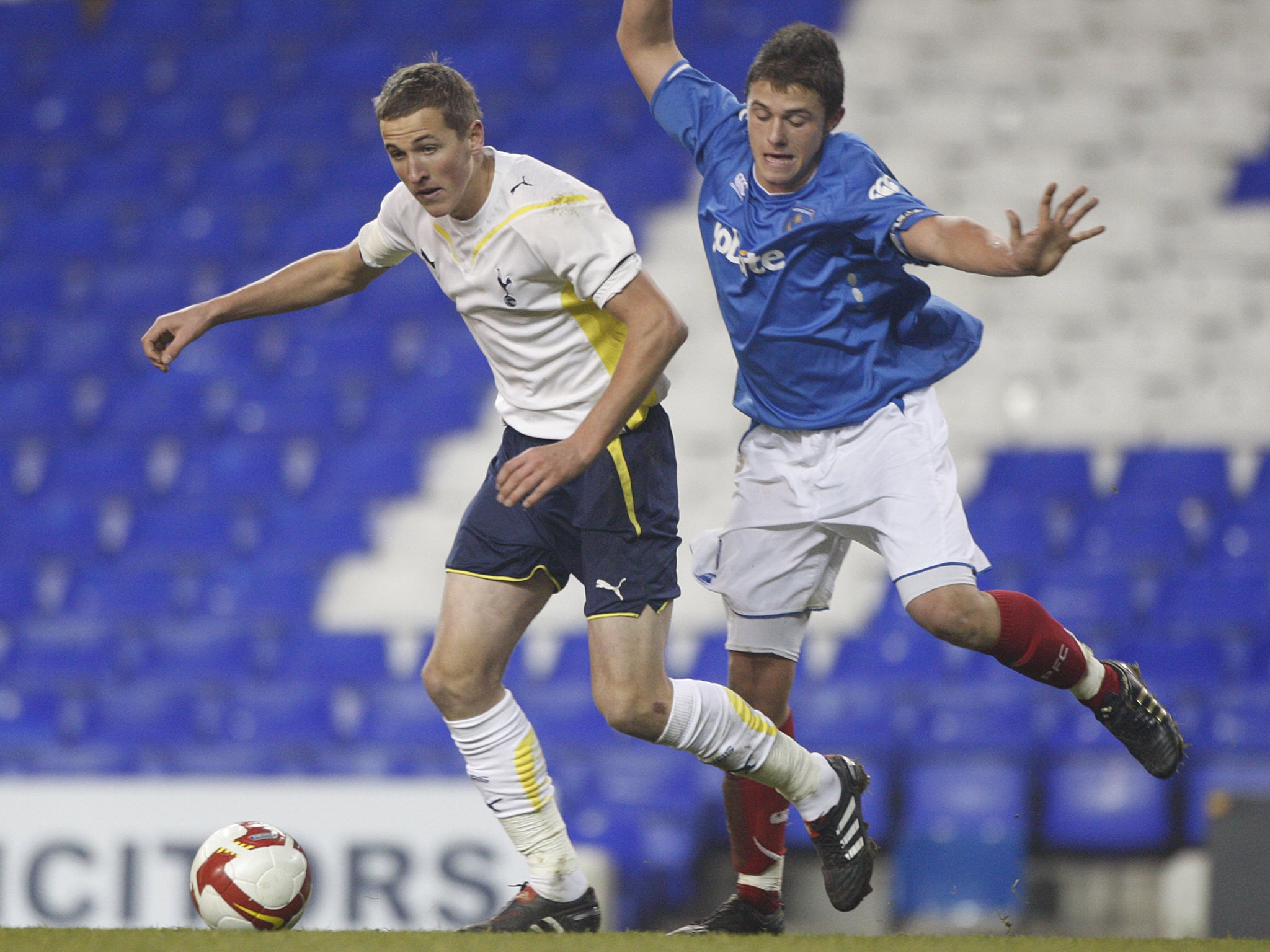
That dream seemed a long way off after his Arsenal setback. Kane was turned down, too, by Tottenham at first. He had a brief trial for Watford, the club where Bukayo Saka and Jadon Sancho were later nurtured, but in turning out for them in a game against Tottenham, Kane convinced the bigger club that he had promise. Kane joined the youth set-up at Spurs aged 11, and has been with the club ever since. He refused to rise to the bait when Piers Morgan later accused him of being a lifelong Gunners fan, after his spell there, but Kane was from a split Arsenal/Spurs-supporting family – his grandad Eric’s side were Arsenal fans – while he had been in the stands watching Spurs at White Hart Lane (now rebuilt and renamed Tottenham Hotspur Stadium) from a young age.
It was from this period, too, that the famous photo of young Harry with future wife Katie Goodland as track-suited 11-year-olds – they were not dating at the time – was taken with David Beckham at the launch of his football academy in Greenwich in 2005 (it would close in 2012). The two are now married with three children – daughters Ivy, four, and Vivienne, three next month, plus new baby Louis, who was born at the end of last year.
At Tottenham, Kane developed quietly at first, although he soon got taller and stronger (he’s now 6ft 2in), which allowed him to compete physically, but for the former England striker Les Ferdinand, now director of football at Queens Park Rangers, and who coached him at Spurs, “the quality that made him stand out as a youngster was this incredible self-belief”, as he told the Telegraph in 2015.
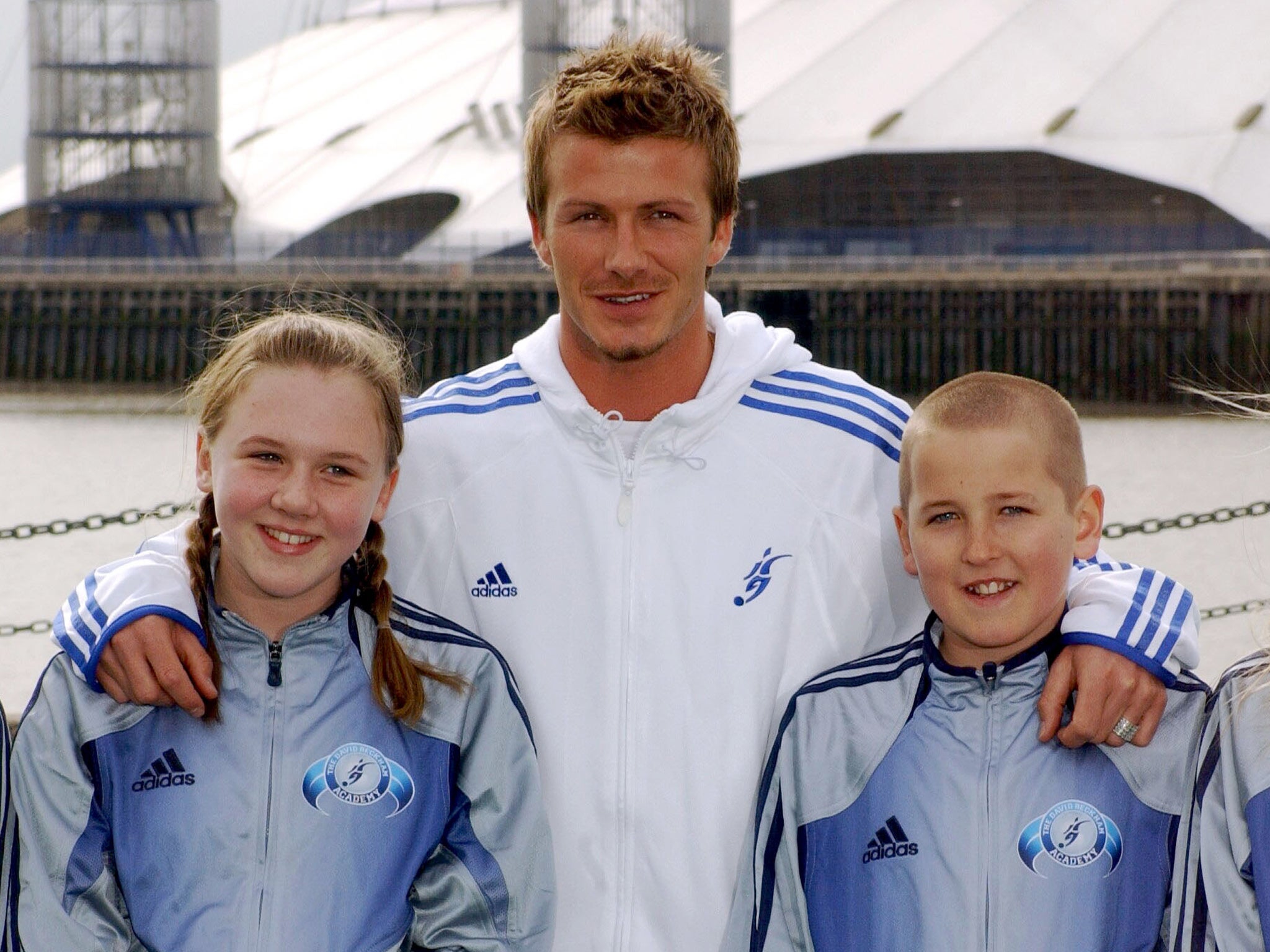
Kane signed a scholarship contract with Tottenham aged 16. Less than seven years later, he would be the Premier League’s top scorer, at 22 years old. Along the way, he would represent England at Under 17, U19, U20 and U21 level, but this part of his career was not easy. Kane was sent out on loan by Spurs to a series of clubs to gain experience, as big money forward signings arrived at the club, apparently blocking his chance of progress to the first team.
He was sent first to nearby Leyton Orient in the winter of 2010-11, aged 17. The team had finished 17th in the third-tier League One in the previous season, but improved to seventh with contributions from the youngster, including five goals, despite his get-used-to-it debut on a pitch that their manager described as a quagmire.
The next season began with promise, including his Spurs first-team debut, and his first goal for them, in a Europa League tie, but at Christmas he was sent out on loan again, this time south of the river to Millwall – a tough club with notoriously unforgiving fans – then struggling in the lower reaches of the Championship. Again, he had an impact: after not scoring in his first eight league games, he bagged seven goals in their last 14 matches, helping to lift the team comfortably clear of relegation and winning their Young Player of the Year award. “It was a big stepping stone,” he would later say. He had worked for it, though. Millwall’s then assistant manager Joe Gallen told The Guardian in 2017: “In my 20 years of coaching, I’ve never seen a player practise as much as Harry. He was always practising from the edge of the box. That was his thing. He’d literally have to be chucked off the training pitch.”
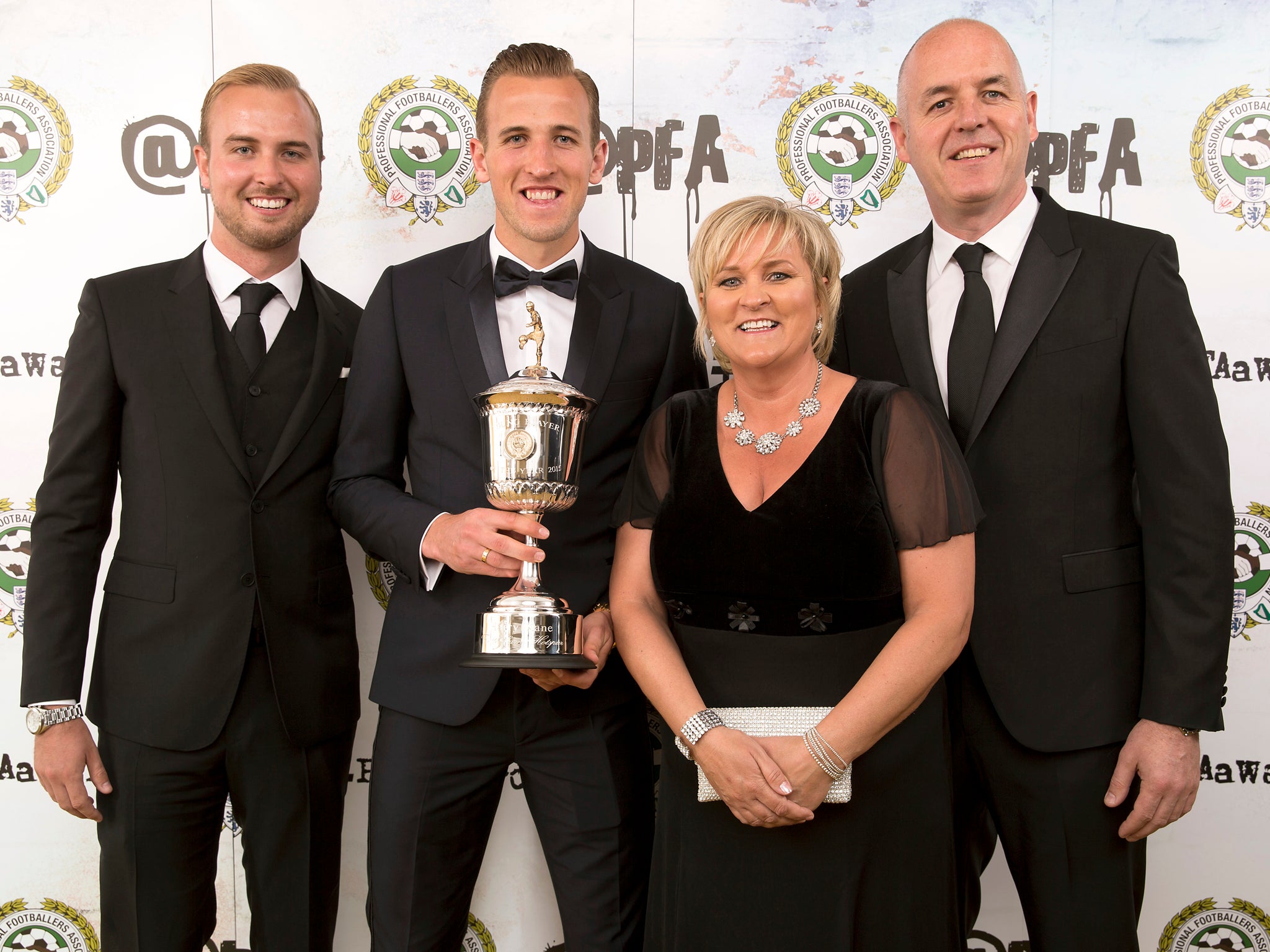
Millwall’s captain at the time, Alan Dunne, remembers him well, as he told The Independent in 2019: “The Den can be an intimidating ground and players can freeze, especially young kids who come in and don’t realise that the level you are playing at is actually very high and very competitive. But he had a special talent. You could just see it. He was a real old-fashioned centre-forward and the fans loved that, and even though he was never the quickest, he had the brain. He had the intelligence and maturity of a player with so much more experience.”
An “old-fashioned centre-forward” – it’s a phrase that does make sense for Harry Kane; he’s powerful enough to hold his own with big, physically aggressive defenders, compete in battles of strength, hold the ball up under pressure, win headers and 50-50 challenges; he could probably bundle the odd goalkeeper into the net with the ball still clutched in his arms like Nat Lofthouse used to do in the 1950s, were it still allowed. But there’s so much more.
Kane can drop a shoulder and change direction, use a body swerve to beat defenders or go round keepers, he has a great first touch, and he can shoot – left foot, right foot, volleys, curlers, netbusters, free kicks, lobs – from almost anywhere: from the centre circle, as he did to score against Juventus in 2019, or while falling to the floor against Leicester that same year in the Premier League. Those worrying about Kane not being in the six-yard box enough in the Euros may not be aware just how many times he has beaten keepers from outside the penalty area. A Kane shot from a distance may turn out to be the perfect weapon against a niggardly defence like Italy’s.
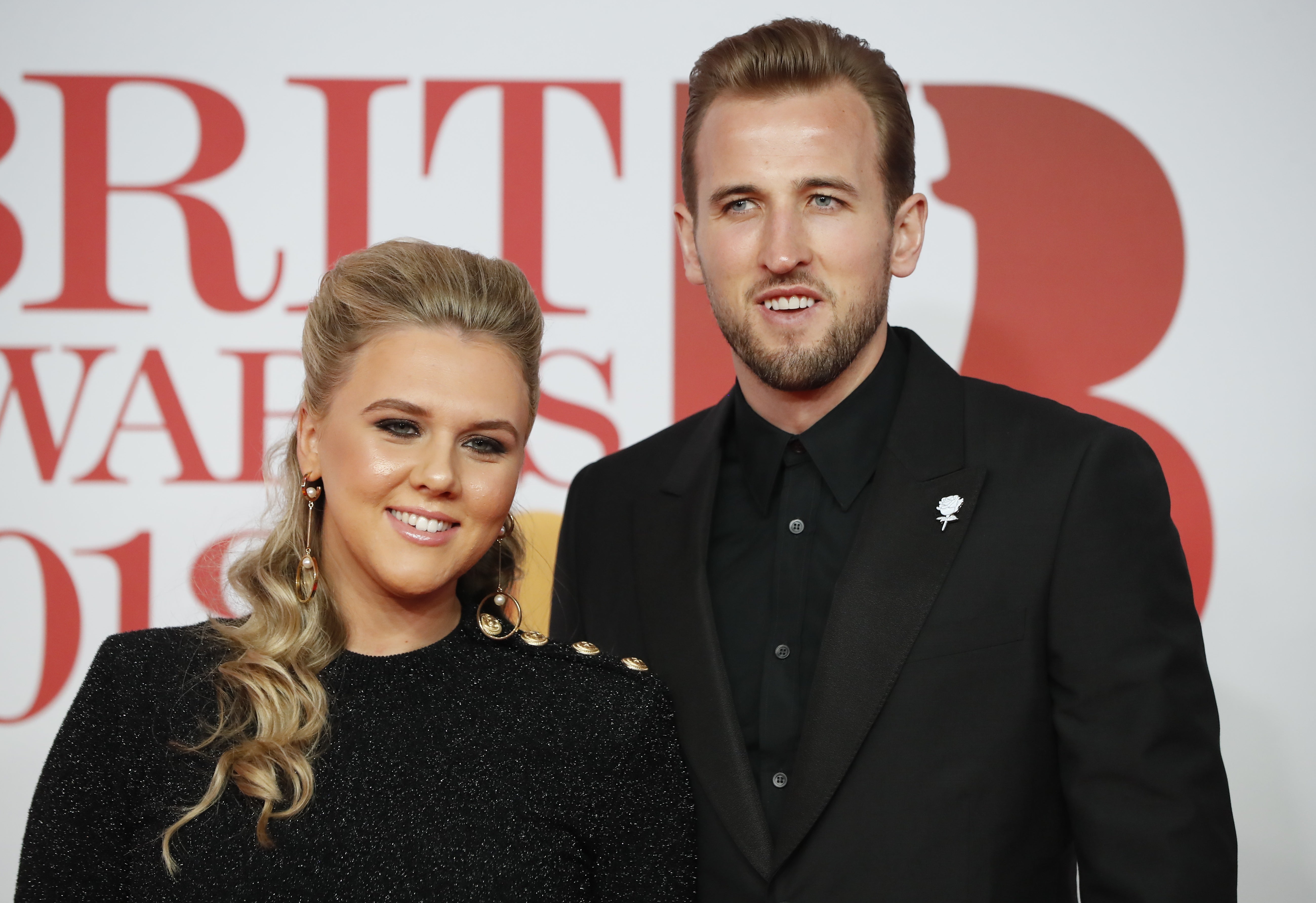
Back in 2012, though, it seemed like Kane might finally get his chance at Spurs, but he was soon on his way out on loan again. He went to Norwich, where he fractured a metatarsal and returned to Spurs to recover, then to Leicester for a frustrating Championship campaign in which he scored only twice in 13 appearances.
The 2013/14 season began quietly. He was kept at Spurs by manager André Villas-Boas, but got few chances in the first team. “I wasn’t the best coach for Harry Kane,” the now Marseille manager would admit in 2018. “I remember keeping insisting with him that the loan was better, he kept insisting with me that to stay was better.”
Villas-Boas was sacked that December, and interim manager Tim Sherwood began slowly to trust Kane. He made 10 appearances and scored three goals before Sherwood, too, was replaced at the end of the season. Then Mauricio Pochettino took over and the Kane goal rush was about to begin.
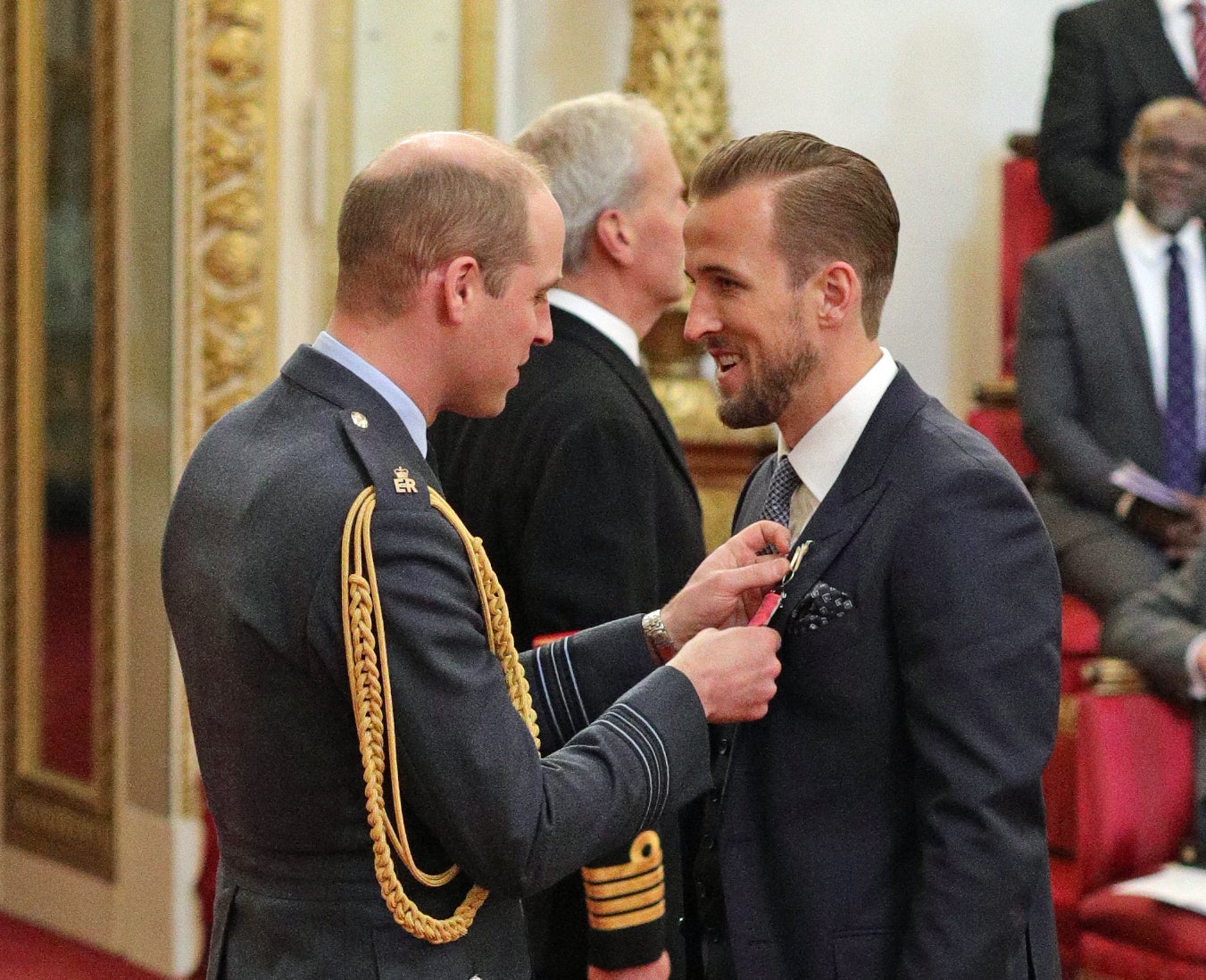
There were 30 goals in all competitions for the 21-year-old during the Argentine’s first season in charge, including one just 79 seconds into in his England debut against Lithuania. He followed up with 32 goals the next season – including four for England and his first Premier League Golden Boot; there were 35 for Spurs in 2016/17, and the Golden Boot again; 41 in the season that followed. In the calendar year of 2017, he scored 56 goals in all competitions, including seven for England. Pochettino was unequivocal in his belief in Kane's mental strength, willpower and endeavour. “Not only [the best] English [striker], I think in the world,” he said. “I am in love, like the fans are in love, his team-mates are in love, not only because he scores goals but because how he is, a professional, humble.”
Spurs fans adored the fact that Kane had grown up five miles from the ground and came through the academy, giving rise to their chant “He’s one of our own, He’s one of our own, Harry Kane, He’s one of our own.”
There have been some ups and downs in the years that followed. He has had some periods on the sidelines with a persistent ankle injury, a long spell out with a ruptured tendon in his left hamstring at the beginning of 2020, and an injury to both ankles at the start of this year, which caused manager José Mourinho to comment: “There are some players you can’t replace.” The goals have slowed ever so slightly as a result, but this season, as well as winning the Golden Boot, Kane was top of the chart for assists. There was an MBE in 2019, a transfer request at the end of this season, which promises to be problematic, given Spurs owner Daniel Levy’s unwillingness to release Kane from his contract, which runs to 2024. And in the middle of it there was the fantastic run to the semi-finals of the World Cup in Russia in 2018, sparked by Kane’s prodigious goal-scoring, which won him the coveted Golden Boot for most goals scored in the tournament.
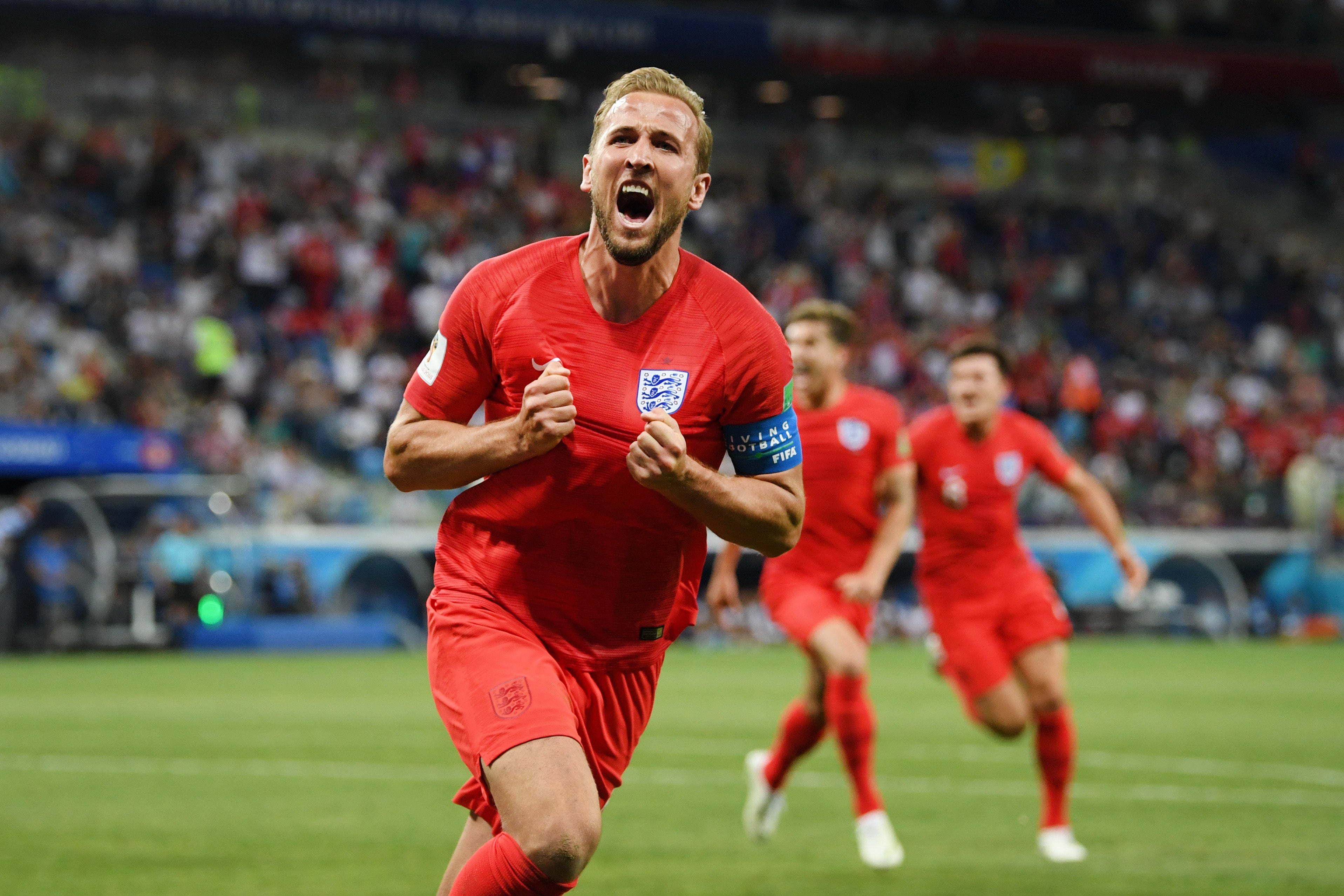
Three years ago on Sunday, with England 1-0 up against Croatia in the 30th minute of that semi-final, a nation held its breath as the ball bounced off the goalkeeper’s foot from a Kane shot and squirmed towards the touchline just wide of the post. The empty net beckoned. Reaching the ball just before it went out, Kane rolled it back with his left foot onto his right and shot… before the studs of a desperate, last-ditch sprawl by the keeper diverted the goal-bound strike onto the post and over.
It’s a moment that England fans remember as the closest England came to progressing in that World Cup, with Croatia going on to win 2-1 in extra time. Four months later, Kane admitted that it still hurt (although a late flag by the linesman suggests the goal may not have stood anyway, had he scored). It’s a measure of the belief that England fans have in their talismanic striker that if there were to be a repeat of that moment at any point in the match this evening, there is one player that they would trust more than any other to convert it into a goal: Harry Kane.
Join our commenting forum
Join thought-provoking conversations, follow other Independent readers and see their replies
Comments